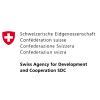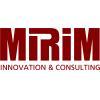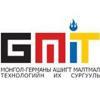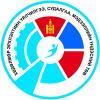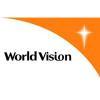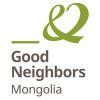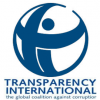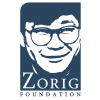DESCRIPTION OF THE PROJECT:
The large community of artisanal miners in Mongolia has not been legally regulated, administratively registered or economically managed over such a long period. As a result, that community has formed informal structures, and was living in isolation from society as marginalized groups. As a consequence, the artisanal miners were reluctant to comply with decisions of local government and law enforcement agencies.
Therefore the main goals of the survey were to define and study the consequences of artisanal mining on the environment; identify existing conflicts between stakeholders regarding artisanal mining; identify the best solutions for effective cooperation in environmental protection; and provide policy recommendations to stakeholders for the effective implementation of suggested solutions.
Because of the nature of these research goals, the research employed mostly qualitative data collection and analysis methods. The research team strictly complied with ethical issues related to research subjects at all times.
DESCRIPTION OF THE SERVICES PROVIDED:
The research team developed a qualitative research design and methodology. This included the development of research instruments, a codebook for data analysis, and the identification of main stakeholders and respondents;
Qualitative methods such as in-depth interviews, focus group interviews and direct observation were employed. Each interview was documented using audio recorders and direct observations were documented with photos;
Field work for the survey was conducted at eight areas of artisanal mining in the Nalaikh district of UIaanbaatar; Tuv aimag’s Zaamar soum; Selenge aimag’s Mandal soum; Dornogobi aimag’s Airag soum; and Uvs aimag’s Tarialan soum;
The collected data – 69 expert and miners interview transcripts, 5 focus group discussion transcripts, 22 observation sheets and 1148 photos – was analyzed with QDA Miner 3.2.9 (a qualitative data analysis software);
IRIM delivered a technical report, the entered data (e.g. transcripts of interviews, photos), final report and a policy brief to the client.
Related projects
-
Leveraging Science and Tradition in DRR in Mongolia III (LTS3), Final Evaluation
Client
International Organization for Migration
.png)

.png)
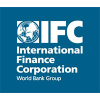
.png)
.png)
.jpg)


